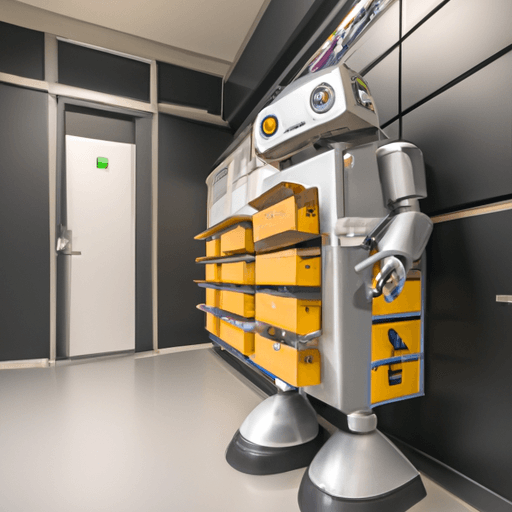Exploring the Potential Impacts of Artificial Intelligence (AI) on the Future of Work
As the world moves further into the 21st century, the potential impacts of Artificial Intelligence (AI) on the future of work are becoming increasingly clear. AI has the potential to drastically change the way we do our jobs, the types of jobs that may become automated, and the implications of this transition for the global economy. It is important to understand these potential impacts in order to prepare for the changes that may be coming.
How AI May Change the Way We Do Our Jobs
AI has the potential to revolutionize the way we do our jobs by automating many of the mundane tasks that we currently perform. For example, AI-driven robots could handle certain aspects of production, such as packaging and shipping, while humans focus on higher-value tasks. AI also has the potential to make our jobs more efficient by analyzing data and providing useful insights to help inform our decisions. This could significantly reduce the amount of time and effort required to complete our tasks.
What Types of Jobs May Become Automated?
AI has the potential to automate many types of jobs, from manufacturing and logistics to customer service and even healthcare. Jobs that involve repetitive tasks, such as data entry or filing, are likely to be the first to be automated. As AI technology advances, more complex tasks, such as medical diagnosis or financial analysis, may also be automated in the future.
Implications for the Global Economy
The potential impacts of AI on the future of work could have a major impact on the global economy. Automation could lead to job losses in certain sectors, which could lead to increased unemployment. It could also lead to wage stagnation, as employers may have less incentive to raise wages if they are able to automate jobs. On the other hand, AI could also lead to new jobs in other sectors, such as AI programming and maintenance.
In order to ensure that the potential impacts of AI on the future of work are beneficial to everyone, it is important to consider the implications of this transition and develop policies to ensure that the changes are managed in a responsible and equitable way. There is still much to learn about the potential impacts of AI on the future of work, but it is clear that it could have a significant impact on the global economy.

















Comments
Leave a Comment